Matthew Wren was given a devastating terminal cancer diagnosis in April.
Since then, the St Andrews University student, aged 40, has experienced some “very dark” times and admits there were moments when he wanted his life to end.
Yet despite the pain and the difficult journey ahead, Matthew is firmly opposed to assisted dying – the controversial legal change currently going through Westminster and about to hit Holyrood.
‘Not the right approach’
“It’s not the right way to approach terminal illness,” he told The Courier.
“A key point for me is vulnerability. When you’re terminally ill, you’re vulnerable.
“There are times when you sink very low. There’s a point when you want it to be over.
“When you’ve got medically assisted suicide – and I know that term is loaded, but that’s what I see it as – there are times when that looks like an attractive option.”
Matthew was first diagnosed with colon cancer in 2021 but made a recovery.
In October 2023 he had a surgery on his liver after doctors discovered a tumour.
Six months later, the theology student was informed he had secondary liver cancer and no cure was viable.
Matthew’s health drastically deteriorated after undergoing chemotherapy to prolong his life and by September he thought the end was near.
He has responded well to different treatment since then and believes he can still find purpose in his life.
He spoke to The Courier about why he remains firmly against assisted dying despite his own terminal illness.
Matthew’s own ups and downs have taught him that dealing with a terminal illness can be unpredictable.
His decline in health has not been consistent.
There was a time when he believed he would be dead by Christmas – now he intends to start his theology dissertation at St Andrews in January.
“Death is the end of the journey, but you cannot predict when you’re going to get there,” he said.
“If you asked any doctor in September if I had less than six months to live, they’d have said yes.
“The journey is not linear.”
As a devoted Christian, he leans heavily on his faith.
That helped him when he was particularly ill in September.
“If I didn’t have my faith and assisted suicide was on the table, then I wouldn’t be sitting here right now,” he said.
Matthew said finding purpose in what remains of his life has been important for him.
He was selected as Reform’s candidate in North East Fife just four days after receiving his terminal diagnosis in April.
Even though he knew victory was nigh-on impossible, he enjoyed the campaign.
“You can choose to find purpose,” he said.
“I know standing was a 100/1 shot, but I had an opportunity to stand up for something I believe in.”
Those in favour of assisted dying argue it should be a personal choice for each individual.
Many who opt to end their own lives early, when terminally ill, travel to Switzerland.
‘Good death’
Matthew believes there needs to be significant investment in the palliative care system to improve treatment for those who are dying.
“Good palliative care can do a lot to alleviate the pain and suffering,” he said.
“If you don’t have the staff available, then it’s hard for people to have what we term a good death.
“I’m not comfortable with suicide as the way of solving this. It’s a simple solution, but it’s far more complex.”
Matthew will be watching closely in the coming months to see if assisted dying laws are approved in Scotland and England.
Westminster MPs have provisionally backed proposals, but there is still significant hurdles before it can become law.
Meanwhile, Lib Dem MSP Liam McArthur is trying to steer the law through Holyrood.
Matthew is unsure what will happen.
“I couldn’t call it,” he said.
And as a man of faith he will continue to hope for the impossible.
“In a secular society it sounds like denial, but I believe the Lord can bring me through this,” he said.
Read more:
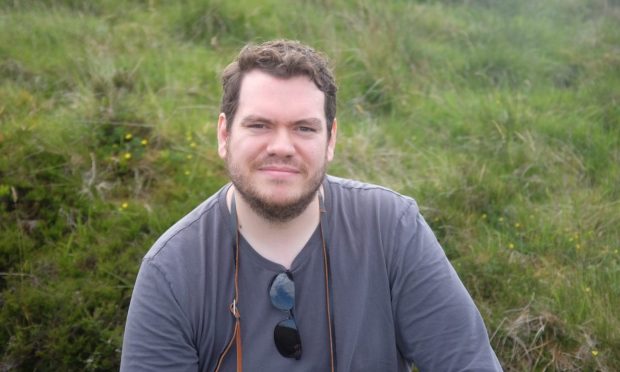

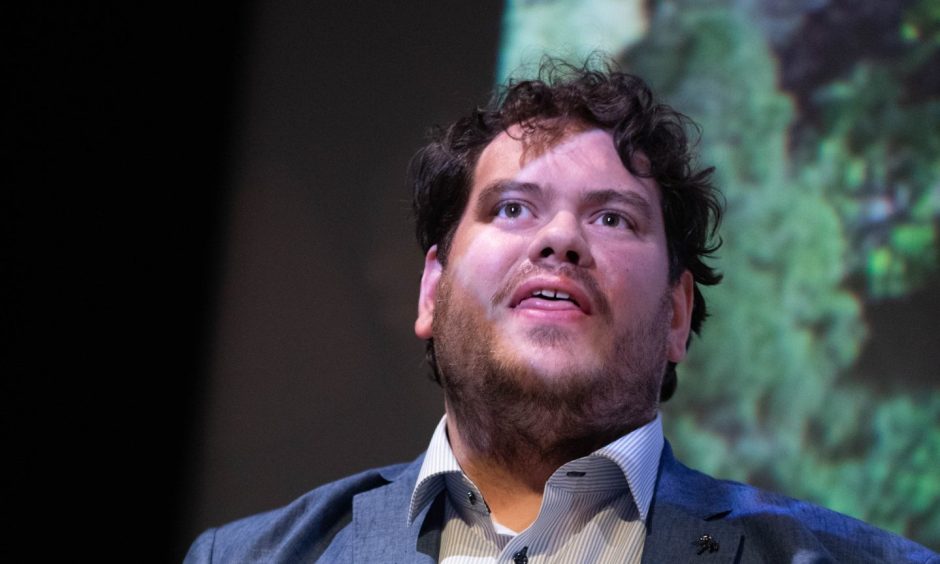
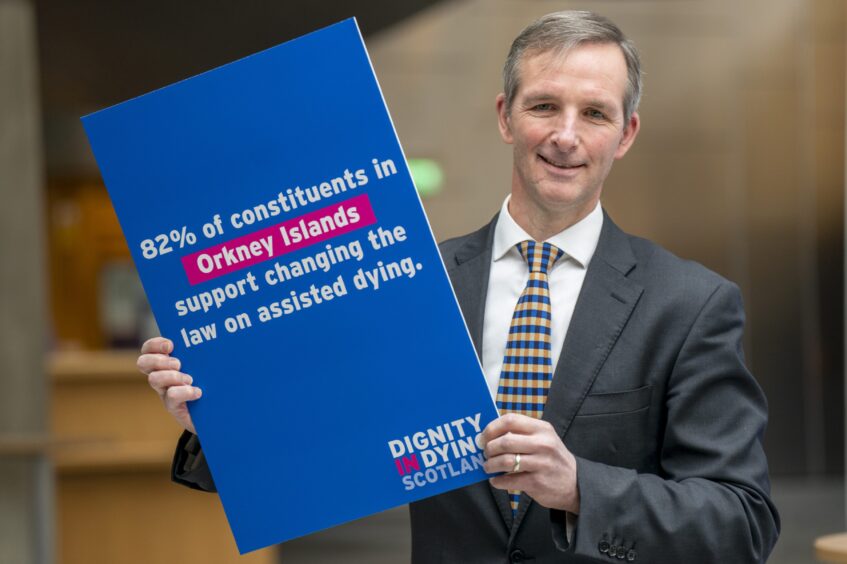


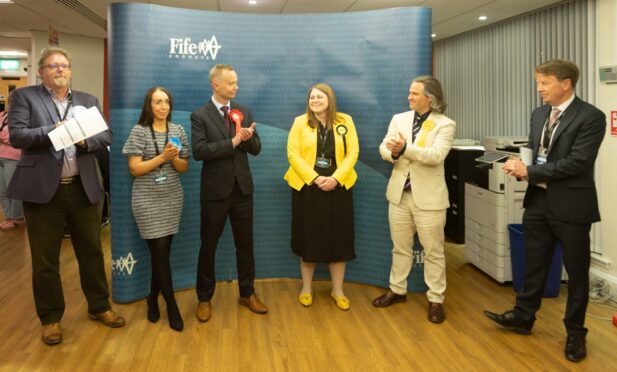


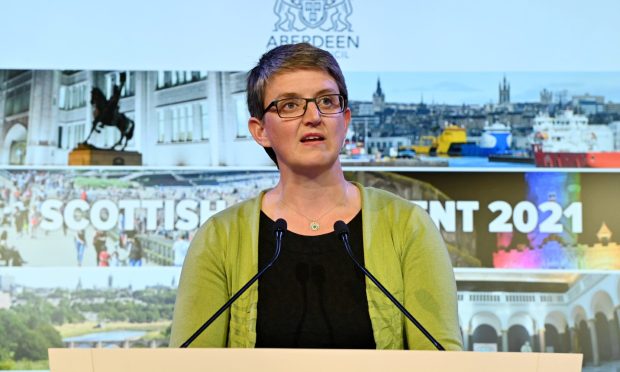



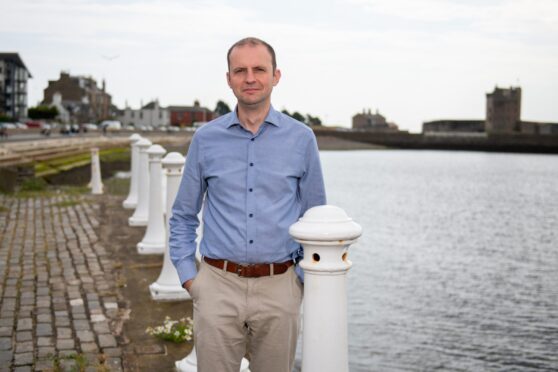
Conversation